Misleading the Flock: The Murray-Weigel Fiasco
By Gregory Hopp
The Northeast Province of the Society of Jesus, in its placing of restricted priests in Murray-Weigel Hall, failed the lay students of Fordham University and the priests under its care. There has been much debate among members of the Society of Jesus, the Church and the Fordham community surrounding what the safety procedures for priests credibly accused of sexual abuse should be, but that is really not my focus.
Rather, the most identifiable and fundamental issue with the province’s handling of these priests is its practice of secrecy, by which it has endangered the effectiveness of Fordham’s ministry and exercised dangerous and unchristian hypocrisy. I would also note before going further that my complaint is not at all with any individual priests or even with Fordham’s and the Northeast Province’s priests generally, but solely with the leadership of the province as applicable to this issue.
As a Catholic with a personal love for the Society of Jesus and a friend of some of their scholastics, I naturally hesitate before accusing the province of wrongdoing. But we must acknowledge the situation at hand. The province knew that they had placed multiple priests with credible or established accusations of sexual abuse in Murray-Weigel Hall, a residence in extremely close contact with Fordham’s campus.
As noted by some members of the Fordham community, Murray-Weigel Hall is located within a few blocks of several elementary and high schools, and gave no public notice to the community. Many of us are now aware that there were always safety measures in place and that the restricted priests were closely monitored, but why should these measures prevent the students of Fordham University from receiving notice of their presence?
The community takes pride in how many of our students minister to or regularly converse with these priests. Yet we were deprived of the opportunity to give informed consent. I am one to trust that these procedures were effective, and so if they were publicly known, I doubt many people would refuse to visit Murray-Weigel because of the sequestered presence of restricted priests. The community still should have been aware, at least in order to use public scrutiny as an accountability measure.
Thankfully, no students were hurt in the presence of restricted priests at Murray-Weigel Hall. Nonetheless, my heart and many others break for the innocent priests caught up in this nonsense. The vast majority of the priests at Murray-Weigel have served the church’s mission admirably for many years, feeding the hungry, healing the sick and educating thousands of young people to do the same. These men are virtuous, and now they require the ministry of others. But who does the province select as the Murray-Weigel chaplain?
William Scanlon, whom I cannot bear to call by the title “Father,” and who allegedly and credibly abused minors for a decade. And, when the revelations about these men came, as they inevitably do and rightfully should, the nature of the revelations required that student ministry at Murray-Weigel be cut off, just when any innocent priests emotionally affected by the events may have needed their friends and ministers from Fordham the most.
Perhaps the province ought to look more to Church teaching for guidance. Catholics are taught growing up that in Confession, if one remembers certain sins but chooses not to confess them with the others, their sins are not forgiven. The province has not shown the Fordham community the openness which doctrine demands, but has instead continued the toxic pattern of corporate tribalism visible in the church today. The church has instituted reform after reform to deal with the sex abuse crisis, and many of these reforms have been effective. But how can the soul of the church heal if our institutions practice continual secrecy and cannot place their trust in the lay people whom they are called to serve?
I imagine that just about everyone is happy that we have received assurance from Rev. Jospeh M. McShane, S.J., president of the university, that ministry to Murray-Weigel has resumed and that there are no longer restricted priests placed there, nor will there be in the future. But we have still been left without clarity. There is an abundance of questions that could still be asked regarding where the restricted priests have been placed and how the Province handles them.
And many of us would like to question them. As members of society we care about the safety of all our people. As for us lay Catholics, we are called just as much as any priest to work for justice in our church. But we cannot answer these questions until the institutional church adopts a policy of openness and public scrutiny, so all of its members may work for justice.
Gregory Hopp, FCRH ’21, is a Middle East studies major from State College, Pennsylvania.

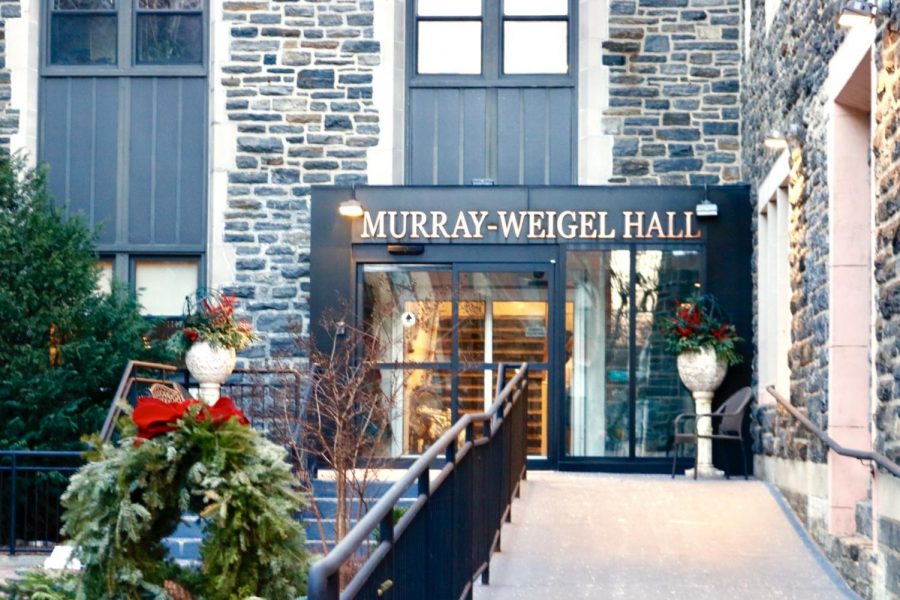

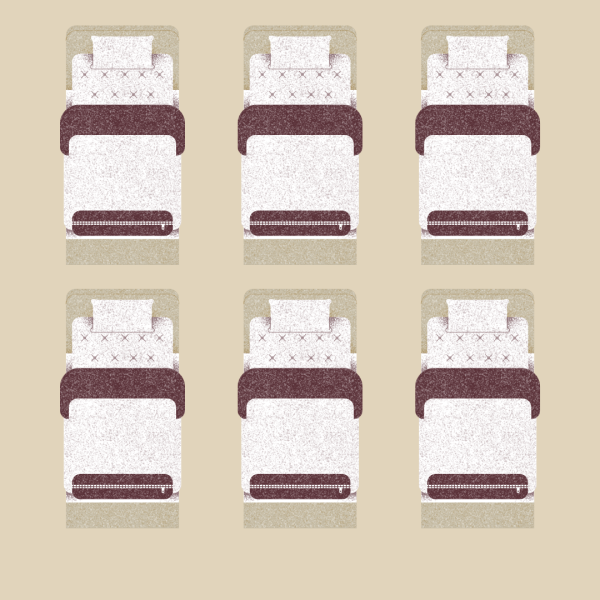
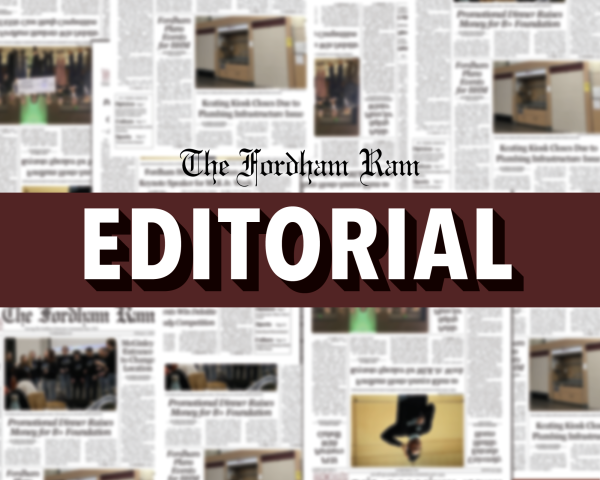
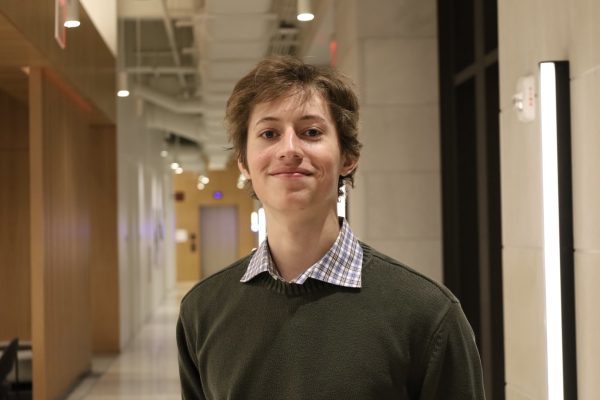

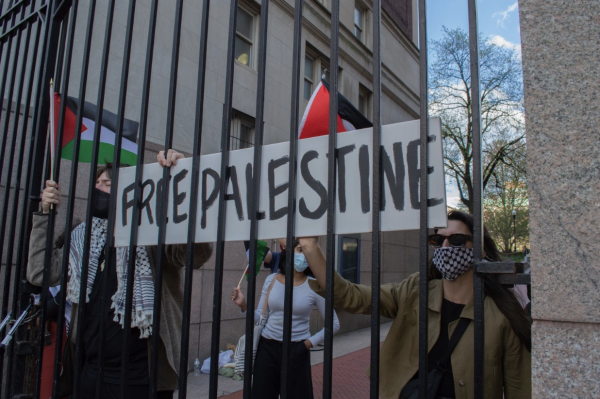
Leo Manglaviti, S.J. • Mar 3, 2019 at 1:18 pm
Sorry for the small typos in what I just submitted. It has been a stressful day!
-Fr. Leo Manglaviti, S.J.
Rev. Leo M. Manglaviti, S.J. • Mar 3, 2019 at 1:14 pm
I am so proud of the journal for which I was a a regular columnist while a student here (class of 1967).
Thank you so much for the balanced and sensitive coverage of the recent unpleasant realities concerning certain Jesuits at Murray-Weigel Hall. We do not paint with a wide brush, as you showed in your selective commentary on this unfortunate matter. Let us hope it is resolved for good.
On a more positive note, I recently emailed to your editor, Aislinn Keely, two brief articles of mine, suggesting that you may consider publishing them: one on Lenten traditions and another on St. Patrick. I hope you may still plan on using them – now that Lent arrives and we honor Patrick.
Thanks so much for you consideration. Blessings be upon you and Fordham.